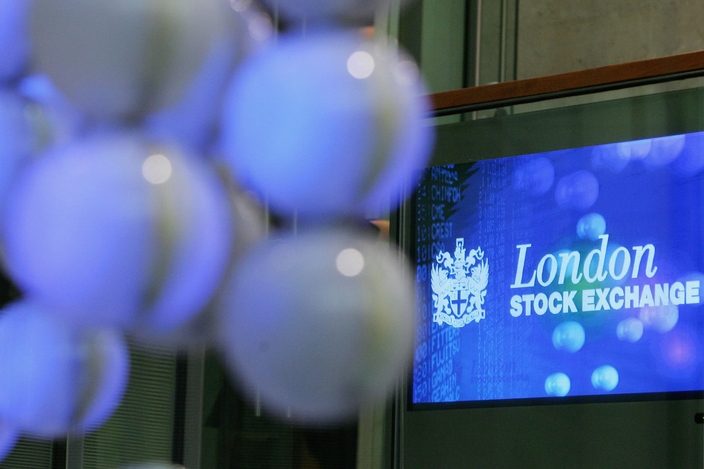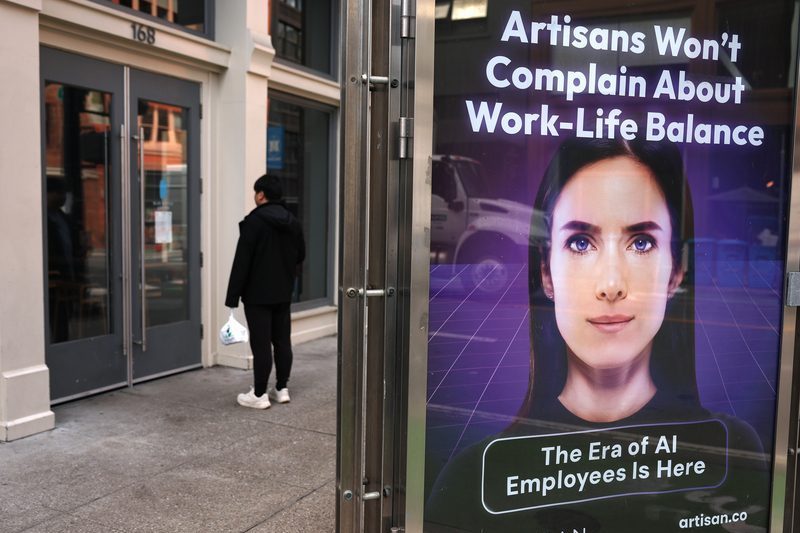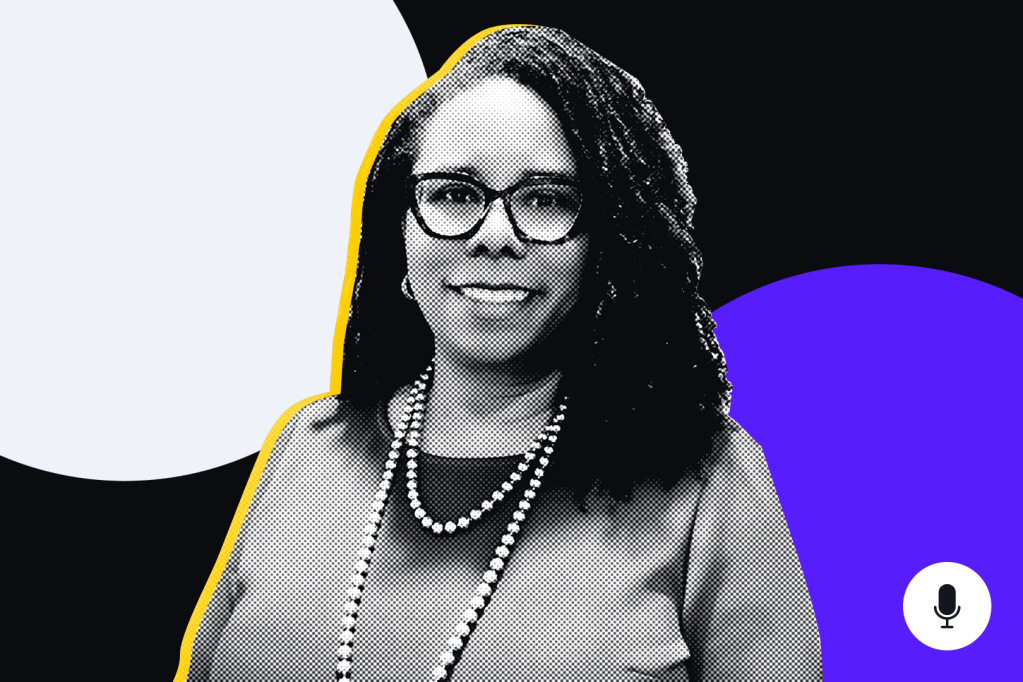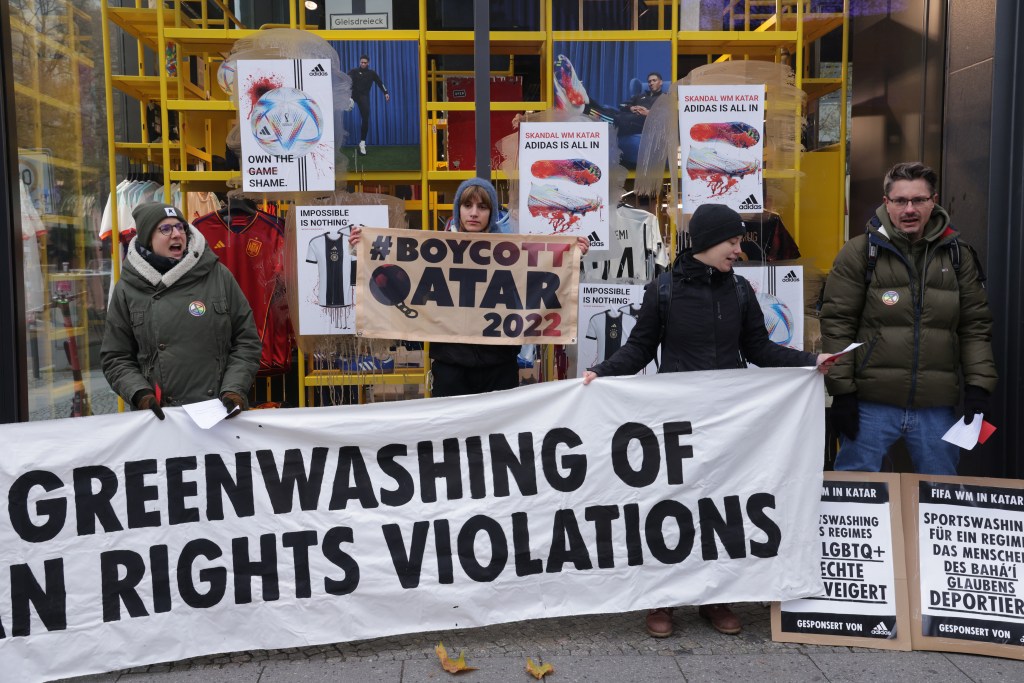“Washing” occurs when companies make misleading claims about their products, practices and/or services to appeal to consumers, investors, workers and/or other potential stakeholders. For example, overstating their green and sustainability-related credentials (greenwashing), the nature and extent of their use of AI (AI washing), or their social responsibility and positive impact (social washing). Washing can be intentional or inadvertent.
Although these forms of washing have existed for a number of years, they are becoming more frequent and significant in the context of both increasing global regulation and rapidly evolving technology. Potential risks for businesses include loss of reputation, loss of stakeholder trust and goodwill, employee brand damage, costly legal/regulatory action, and more.
Overlapping washing risks
In all industries, but perhaps more so in the tech industry, green, AI and social washing can overlap.
For example, AI/greenwashing risks can arise if companies make misleading statements about AI tools’ environmental impact. Particularly where some generative AI tools have the potential to consume far larger amounts of energy than other types of technology. For example, one recent study suggested that a Generative AI system could use around 33 times more energy than machines running task-specific software.
Similarly, AI/social washing risks can arise in the context of AI tools where such tools have the potential for discrimination bias. Discrimination bias can occur (often unknowingly) where an AI tool is trained on data that contains bias. For example, a recruitment tool may select more candidates of a certain age or race if the data on which it has been trained contains bias towards those groups. In addition to potential discrimination claims, complaints of social washing could arise where any such discrimination bias conflicts with a company’s stated equal opportunities position.
There are some governance and best practice measures that all companies can put in place to help mitigate some of the potential risks.
From a regulatory perspective, global sustainability and environmental, social and governance (ESG) regulation is developing at a pace with varying disclosure, due diligence and reporting requirements across the world. Increased regulation of AI in some jurisdictions also requires a greater level of transparency.
Washing risks can arise in these circumstances, for example, if companies provide information/data that is inconsistent with their earlier statements.
Consumer regulation is also increasing in some jurisdictions. For example new legislation in the UK gives regulators increased powers to issue enforcement notices and fines where companies provide consumers with false or misleading information relating to a product that is likely to deceive the average consumer (read more about this here). These new powers will apply to greenwashing, social and AI washing.
Governance and best practice
Although each form of washing has its own individual risks that companies must consider in the context of their jurisdiction, there are some governance and best practice measures that all companies can put in place to help mitigate some of the potential risks:
- Ensure relevant business terms are clear about the correct definition of AI/ generative AI, and that actual or proposed claims made about the use of AI, operationally or within products and services, are accurate and supported by evidence.
- Carry out thorough due diligence on any new products/ services before appointing suppliers and continually review these as products/services develop (particularly in relation to rapidly developing AI).
- Carefully consider external communications, for example adverts, to ensure claims are verified and substantiated – similarly, keeping this under review as products/services develop.
- Ensure relevant terms and conditions (both for sale to customers and for use with third-party suppliers) comply with the relevant rules and requirements.
- Put in place effective global governance procedures to mitigate the risk of inconsistent statements to stakeholders and encourage cross-organizational, “joined-up” thinking.
- Keep up-to-date with new and increasing ESG, AI and other regulations globally.
Finally, and perhaps as a direct consequence of companies’ concerns about washing, a new concept is also emerging of which the sector should be mindful. Green/AI/social “hushing” involves companies minimizing or refusing to publish credentials for fear of being scrutinized. This may, in some circumstances, also open companies up to risks, particularly if it leads to misleading statements or the potential for non-compliance with legal reporting requirements.
Thera Adam van Straaten is a partner in the Rotterdam office and an expert IP lawyer. Eve England is a Company Commercial Group partner at Eversheds Sutherland. Louise Howarth is an experienced energy and environmental disputes partner who leads the firm’s UK energy regulatory practice. Zoe Haden is a senior associate in the Commercial team, specializing in strategic contracts, technology and consumer law.


















